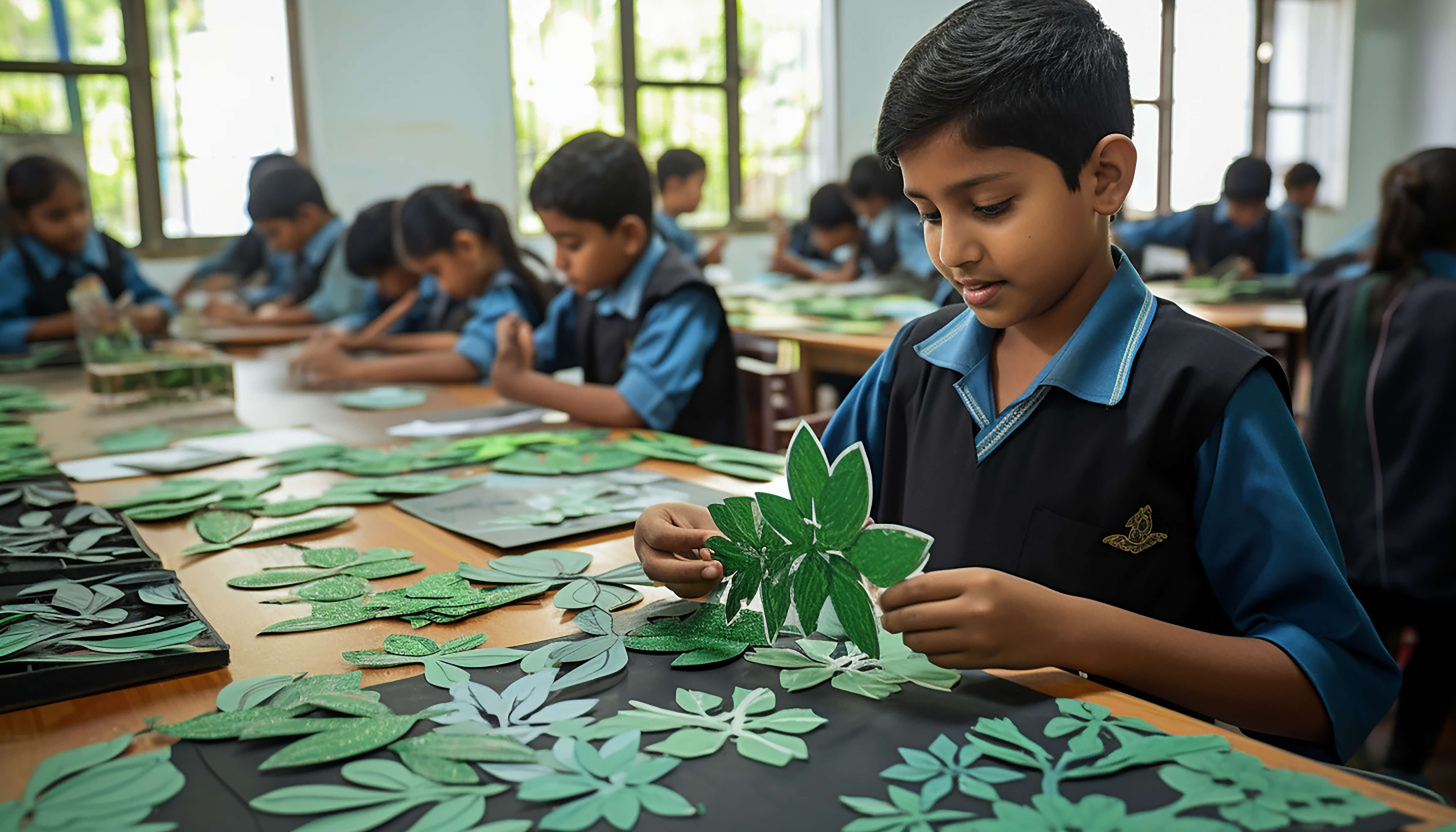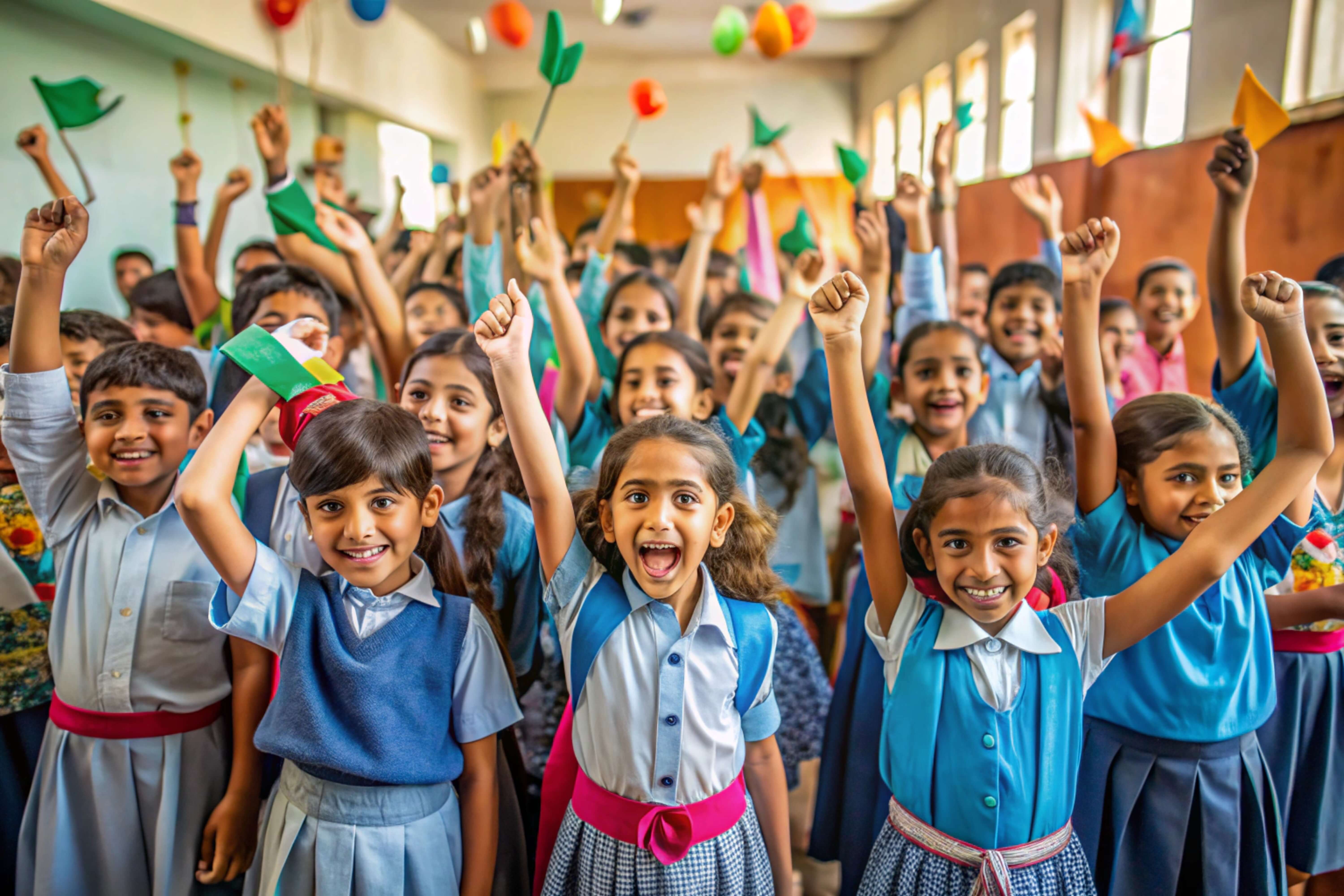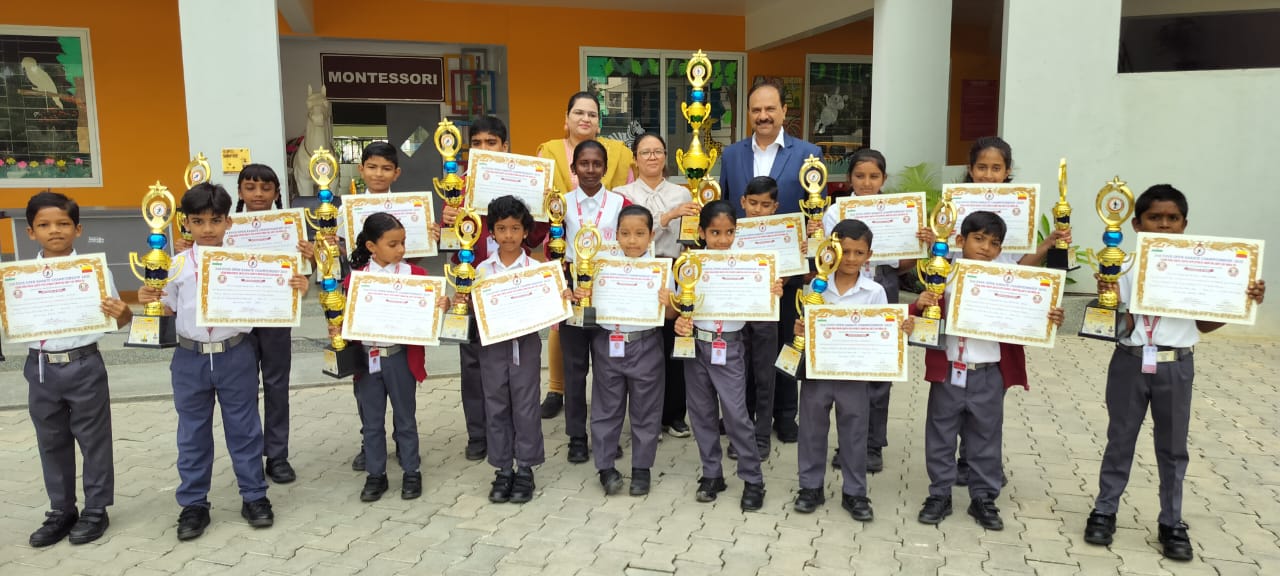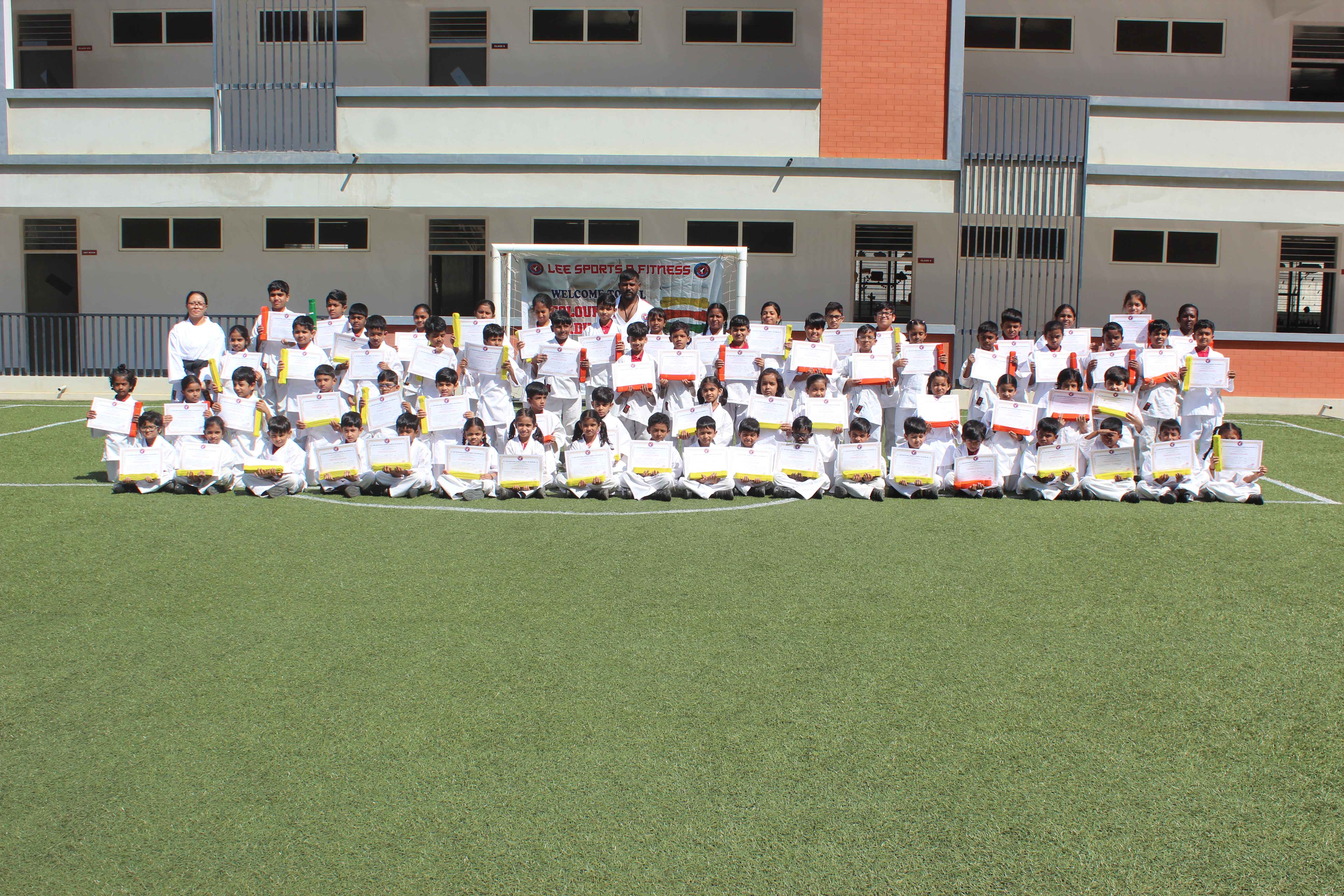The Foundation of Future Citizens
School education today is not just about academic performance—it’s about nurturing children who are compassionate, respectful, and ethically grounded. While technical knowledge is essential, the importance of ethical values in shaping future-ready citizens cannot be overlooked.
In recent years, Indian schools have witnessed rising concerns—bullying, discrimination, hate speech, and even student-teacher conflicts. These alarming trends indicate a gap in character development in children, where the absence of ethical grounding can lead to poor decision-making and harmful behavior.
This blog by CMR Gandhi Public School explores how CBSE institutions across India—and especially in Bangalore—are taking proactive steps to foster good character in children through value-based education, holistic learning, and meaningful extracurricular activities.
CBSE’s Commitment to Value-Based Education
The CBSE curriculum places strong emphasis on holistic development, ensuring students grow not only in academic knowledge but also in moral integrity. Through its NEP-aligned framework, CBSE encourages life skills and moral education to be woven into the fabric of school life.
Subjects are integrated with value-based themes—students learn empathy in literature, environmental responsibility in science, and teamwork through group projects. This well-rounded approach fosters character development from a young age and encourages students to make ethical decisions inside and outside the classroom.
Instead of rote learning, students are taught to reflect, question, and internalize values. Schools also ensure regular participation in extracurricular activities like group discussions, debates, social awareness campaigns, and volunteer work—essential components for shaping responsible individuals.
CBSE schools promote a wide range of ethical values, such as:
- Honesty and Integrity – building trust in peer and teacher relationships
- Empathy and Compassion – fostering kindness toward others
- Respect and Responsibility – encouraging students to respect diversity and take ownership of their actions
- Gratitude and Humility – helping students stay grounded and appreciative
Classroom Practices That Encourage Ethical Thinking
Within the classroom, ethical thinking is cultivated through:
- Storytelling sessions with moral takeaways
- Group discussions and debates on real-life ethical dilemmas
- Reflection journals where students write about their decisions and values
- Role-plays and dramatizations that let them experience the impact of ethical vs unethical choices
Such methods, especially in primary and middle school levels, help children process their behavior in a safe and guided environment, making character development in children a central part of their learning journey.
School-Wide Programs That Foster Character Development
Beyond the classroom, schools reinforce ethical values through:
- Daily value education periods
- Morning assemblies focused on a value-based theme of the week
- Observances like “Kindness Day”, “Integrity Week”, or “Gratitude Month”
- Inter-house competitions with themes like social justice, environmental activism, or team leadership
At CBSE schools in Sarjapur Road, these initiatives are designed to ensure every child gets daily exposure to values in action—whether during academics, sports, or extracurricular activities.
Montessori Activities at CMR Gandhi Public School that Build Pre-Robotics Skills
Technology has become an indispensable part of our daily lives. Young minds are constantly flooded by digital content. For blooming minds, we impart activity-based learning that builds pre-robotic skills. Here is an overview:
Pre-Robotics Skills
Pre-robotics skills are the basic abilities children need before working with actual robots or coding. These include:
- Logical thinking (understanding cause and effect)
- Sequencing (arranging steps in order)
- Fine motor control (using hands precisely)
- Problem solving (finding different ways to complete a task)
- Creativity and design thinking (imagining and building structures)
Montessori Materials that Support Pre-Robotics
1. Practical Life Activities
- Pouring, spooning, lacing, and threading improve hand–eye coordination and concentration.
- These activities strengthen fine motor skills needed for building and programming robots later.
2. Sensorial Materials
- Pink Tower, Broad Stair, and Knobbed Cylinders teach comparison, order, and size differentiation.
- These lay the groundwork for spatial reasoning used in robotics design.
3. Simple Robotics Kits for Kids
- Older Montessori learners (5–6 years) can use child-friendly kits like Lego WeDo or Bee-Bot, which combine building and simple programming.
4. Story-based Robotics
- Children design paths for small robots (like Bee-Bots) to follow a story map, combining creativity with problem-solving.
Why Montessori and Robotics Work Well Together
- Both emphasize independence, exploration, and hands-on learning.
- Robotics encourages children to experiment, test, and learn through trial and error.
- Montessori classrooms with pre-robotics activities prepare children for a technology-rich future.
- Early exposure nurtures logical thinking, problem-solving, and creativity, while keeping the joy of discovery alive.
Teachers: The Real Mentors of Character
At the heart of value-based learning are the teachers. In CBSE schools, teachers are not just instructors—they are role models.
Through regular training, teachers are encouraged to use positive discipline, promote inclusive classroom discussions, and avoid punitive actions. They practice mutual respect and empathy—setting the tone for students to mirror the same behavior.
At CMR Gandhi Public School, teachers act as value mentors who nurture not only the intellect but also the emotional well-being of every student.
Parent-School Collaboration for Character Building
The CBSE framework recognizes that character education is most effective when parents and schools work together.
- PTMs (Parent-Teacher Meetings) are used to share students’ value-based progress
- Workshops for parents are conducted on how to reinforce school values at home
- Home assignments are designed to include moral stories, gratitude journaling, and acts of kindness
This collaboration ensures that value education continues beyond the school gates—especially in communities served by the best CBSE schools in Bangalore.
Conclusion: Nurturing Hearts and Minds through Ethical Education
As the rise of unethical incidents in schools becomes a pressing concern, the role of character-building in education is more vital than ever.
At CMR Gandhi Public School, located among the top-rated CBSE schools in HSR Layout, students are nurtured to become thoughtful, ethical, and compassionate individuals. The school’s holistic focus ensures that every child excels not just in academics but also in humanity.
With its strong foundation in value-based learning and access to CBSE schools in Sarjapur Road, CMR Gandhi Public School stands out as one of the best CBSE schools in Bangalore for parents who seek meaningful education rooted in both knowledge and character.
🎓 Admissions Open – Shape the Future with CMR Gandhi Public School










